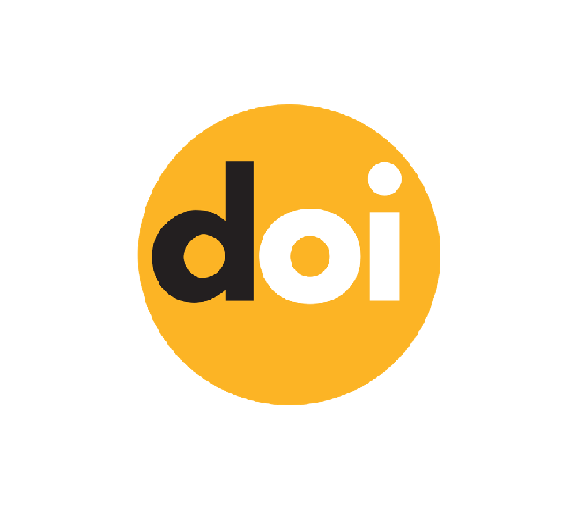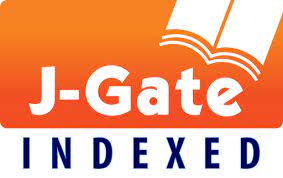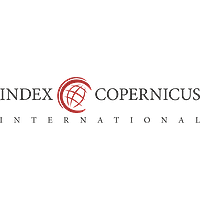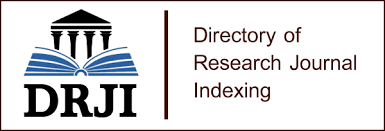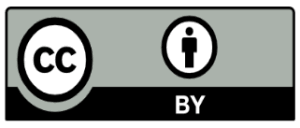COOCH BEHAR MERGER AGREEMENT: ORIGIN OF SOUTH ASIAN DISCOMFIT
Abstract
In 1947 Indian sub-continent was given independence on the basis of religious identity which is commonly known as the ‘Two Nations’ Theory’. Partition of India was an event which switched a series of problems including riots among the religious fundamentalists. This work has tried to understand the original cause of such bizarre, man-made decade old problem, nature of sufferings and its partial nature of the solution process. The qualitative method has been used in conducting the research. A severe mass influx was happened in South Asian countries. At that very time Cooch Behar was kept out of such partition process. Cooch Behar was classified as an autonomous area in the region. Subsequently, merger of Cooch Behar with the Dominion of India inclined a number of problems which transformed the issue into an international discomfit. It created the enclave-exclave complex in South Asian countries leading huge number of people in uncertainty. Lack of effective relation with their home state cast them into statelessness and rightlessness condition. To resolve the issue India and Bangladesh penned an agreement in 1974. Bangladesh ratified the agreement but India did unwarranted delay. The agreement was not followed properly. Though exchange was taken place, there remains some other problem emerging out from the process of exchanging enclaves.
Downloads
Published
How to Cite
Issue
Section
License
Copyright (c) 2021 A. N. M. Arifur Rahman

This work is licensed under a Creative Commons Attribution 4.0 International License.
Copyrights for articles published in Journal of Asian and African Social Science and Humanities are retained by the authors, with first publication rights granted to the journal. The journal/publisher is not responsible for subsequent uses of the work. It is the author's responsibility to bring an infringement action if so desired by the author.
Articles published in Journal of Asian and African Social Science and Humanities are published under the Creative Commons Attribution (CC-BY) license, which permits others to distribute, remix, tweak, and build upon your work as long as they credit you for the original creation.
Â




